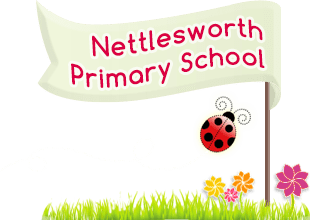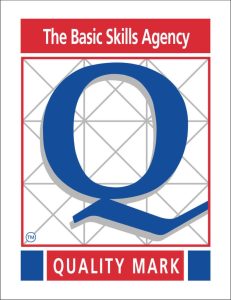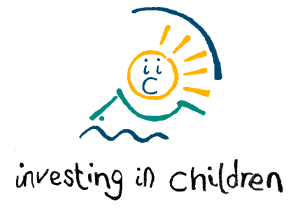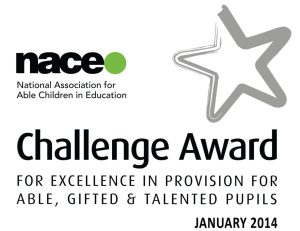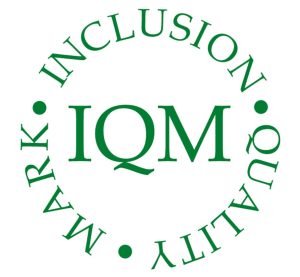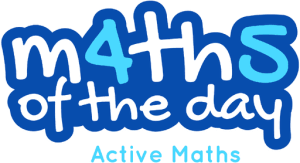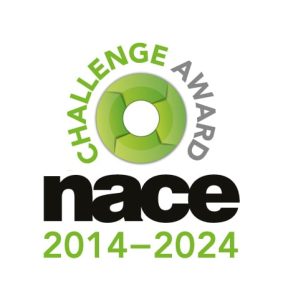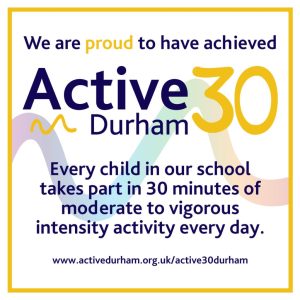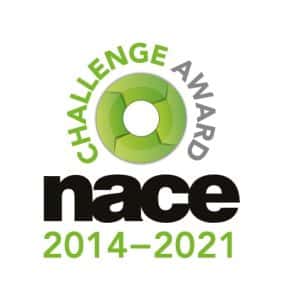Religious Education makes a major contribution to the education of our children. It helps pupils develop knowledge and understanding of religion and of the differing religious and non-religious beliefs represented in Great Britain today. Our pupils come from a wide range of backgrounds and through our RE curriculum we seek to encourage understanding and empathy and to enable pupils to develop their own sense of identity and belonging. RE therefore contributes to the aims of the whole school and has an important part to play as part of our broad and balanced curriculum.
Children start to think about their own experiences, feelings, beliefs and values. In Religious Education our children learn about people from a wide variety of faiths and beliefs.
RE provokes challenging questions about the ultimate meaning and purpose of life, beliefs about God, the self, the nature of reality, issues of right and wrong and what it means to be human. It develops the pupils’ knowledge and understanding of some of the principal religions, including Christianity, and how both religion and other world views impact on individuals and groups in local and national contexts. RE offers opportunities for personal reflection and spiritual development. It encourages pupils to explore their own beliefs (whether they are religious or not) in the light of what they learn. RE encourages respect for all, including those with differing faiths and beliefs, as pupils develop understanding and appreciation of our diverse society and world. RE helps to challenge prejudice and discrimination and as a result, our children develop respect, tolerance and friendship.
At Nettlesworth Primary School we follow the Durham Agreed Syllabus and our RE lessons consists of three, inter-linking elements:
- Knowledge and Understanding of Religion
- Critical Thinking
- Personal Reflection
